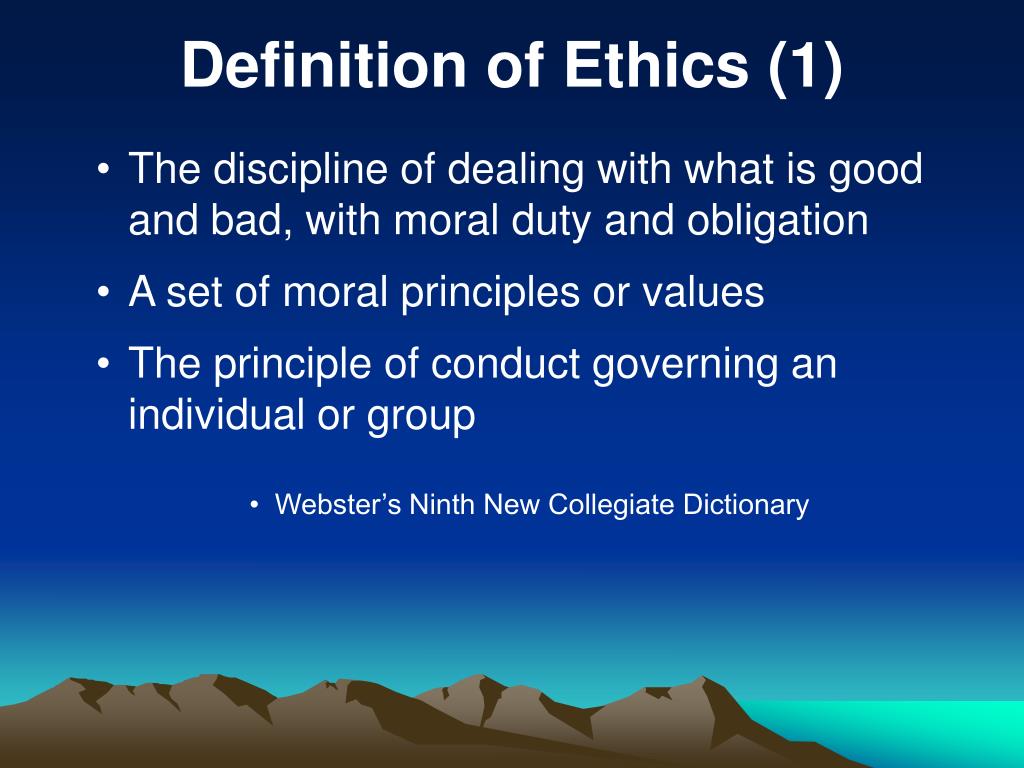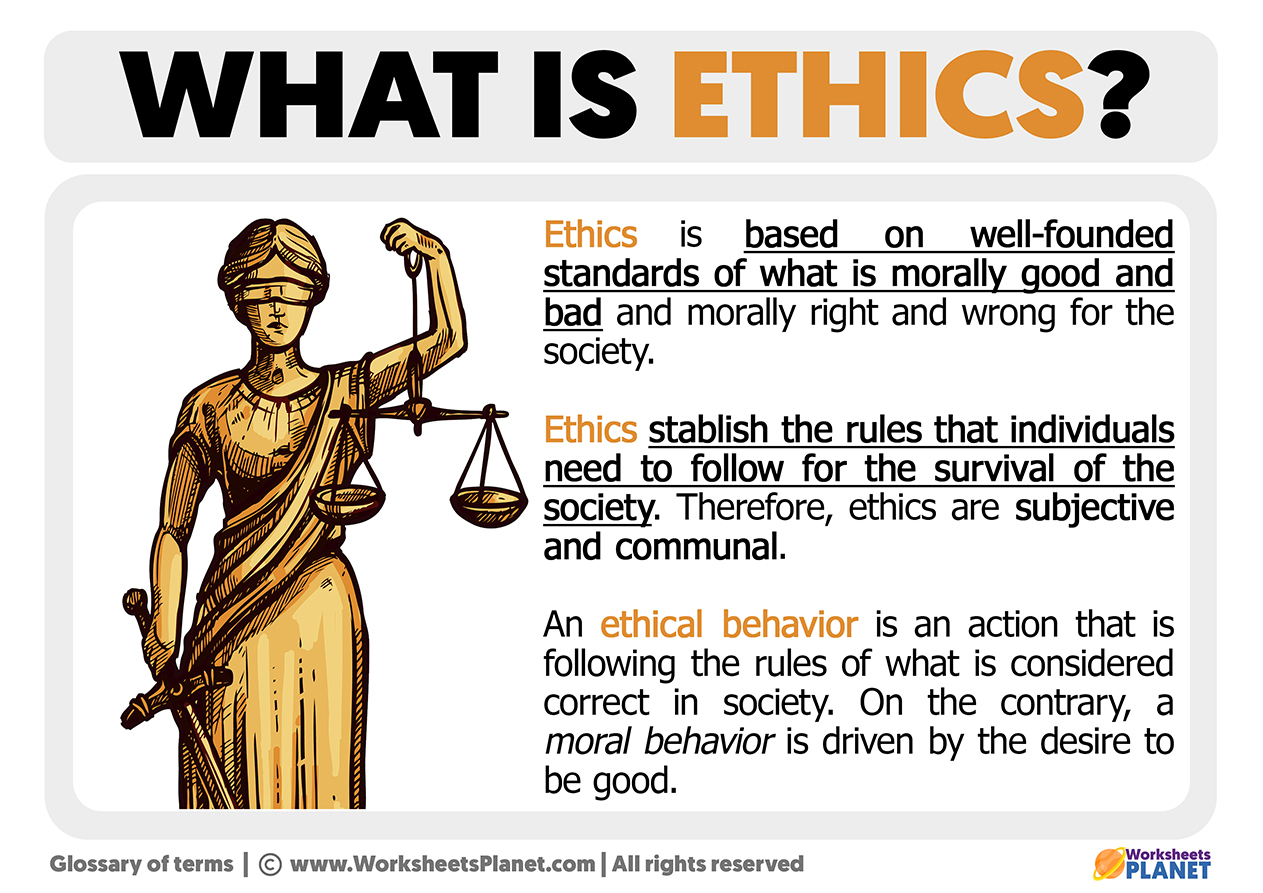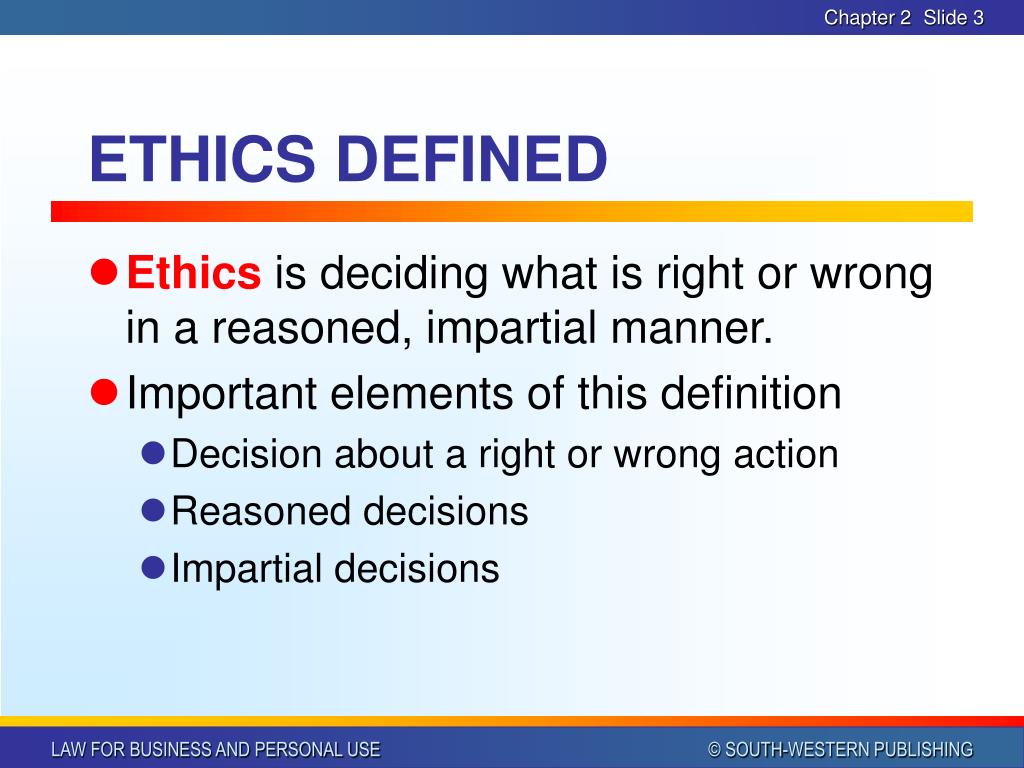Have you ever stopped to think about what guides the choices people make, the things they say, or how they act when no one is watching? It is almost like there is an invisible framework that helps us figure out what is good or bad, what feels right or wrong. This framework, you know, it plays a big part in how we get along with others and how societies work, actually.
For a lot of people, the idea of what is truly good or bad, what is considered right or wrong, can feel a bit fuzzy. It is not always about what is against the law, or what someone else tells you to do. Instead, it is more about a deeper sense of what is decent, what makes for a good life, and what helps everyone flourish, in a way.
This whole area of thought, this careful look into what makes actions proper or improper, what truly has worth or lacks it, is something we call ethics. It is a big topic, to be honest, and it touches on so many parts of our everyday existence, helping us to sort through the various situations we face and make choices we can stand by.
Table of Contents
- What is the Real Ethics Meaning?
- Looking at the Core Ethics Meaning
- How Does Ethics Meaning Guide Us?
- Ethics Meaning and Our Actions
- Is There a Single Ethics Meaning?
- The Philosophical Side of Ethics Meaning
- Where Does the Word Ethics Meaning Come From?
- Ethics Meaning in Everyday Life
What is the Real Ethics Meaning?
When we talk about the real ethics meaning, we are often pointing to a specific kind of careful thought. This thought process, you see, is all about exploring big ideas related to what is morally correct and what is morally incorrect. It also looks at what is considered morally good and what might be seen as morally bad. So, it is a kind of deep examination, a way of trying to get to the bottom of these very important distinctions, really.
The term can, in some respects, also refer to any kind of thoughtful framework that lays out what is morally proper. It is not just a loose collection of ideas; rather, it is often an organized way of thinking about these things. This means it could be a particular theory, a set of ideas that someone has put together, that helps to explain what is considered the right thing to do. This careful consideration of what is right helps shape the whole ethics meaning.
Another way to think about the ethics meaning is as a collection of guiding ideas about what is right and wrong. These are often principles that people hold dear, ones that help them make sense of the world around them. It is a group of these core beliefs, you know, that helps to form what we call ethics. This set of guiding thoughts gives a solid base to the ethics meaning.
Looking at the Core Ethics Meaning
The core ethics meaning, then, is a way of understanding a set of moral values. It is a system, or a way of organizing these values, that helps us figure out what matters most. Sometimes, this idea of a system of moral values is talked about using the plural form, "ethics," but it can also be used as a single thing, depending on how you put it into a sentence. This makes the ethics meaning quite flexible in how it is expressed.
In a very broad sense, ethics, which people also call moral philosophy, is the careful examination of moral situations and actions. It is one of the main branches of philosophy, actually, and it looks into the true character of what is moral and the guiding ideas that shape it. This kind of thoughtful exploration helps us to grasp the full scope of the ethics meaning.
A system of accepted beliefs that help control how people behave, especially when those beliefs are based on what is considered good and bad, also falls under the umbrella of ethics. These are the ways of thinking that society, or a group, agrees upon as the proper way to act. This gives us a clearer picture of the practical side of ethics meaning.
How Does Ethics Meaning Guide Us?
Ethics, in a very real sense, are a group of moral guiding ideas or rules that tell us what is okay and what is not okay to do. They lay out the boundaries, so to speak, for how we should act. These are the sorts of standards that help people live together in a fair way, you know, making sure that everyone understands what is expected. This really gets to the heart of how ethics meaning works in our daily interactions.
Generally speaking, ethics point to the rules or the code of behavior that people use to figure out when something is proper or when it is not. It is about having a set of guidelines that you can refer to when you are faced with a choice. This helps people make decisions that are in line with what is considered right, giving a practical side to the ethics meaning.
The way ethics guides us is by helping us sort out right from wrong in what people do. It is a close look at human conduct, trying to determine what actions are good and what actions might be harmful. This kind of careful thought is really important for building a fair and just community, and it shows the deep influence of the ethics meaning on our lives.
Ethics Meaning and Our Actions
Ethics are also the moral ideas and rules that deal with what is considered right and what is considered wrong. These are the fundamental beliefs that shape our view of the world and how we choose to act within it. It is like having a compass that points you in the direction of good behavior, so to speak, which really clarifies the action-oriented side of ethics meaning.
For example, members of a certain group might be held to a very strict set of ethical rules, which could include keeping things private. This shows how ethics can create strong bonds and expectations within a community. These rules are not just suggestions; they are often deeply held commitments that guide every action, underscoring the serious nature of ethics meaning in specific contexts.
The philosophical examination of what is moral is another way to describe ethics. It is a deep, thoughtful process of considering the fundamental questions about good and bad, proper and improper. This kind of thinking helps us to build a solid foundation for our moral lives, and it is a big part of what makes up the overall ethics meaning.
Is There a Single Ethics Meaning?
Ethics is very much about what is good for individuals and for the wider community. It is also often called moral philosophy, which points to its roots in deep thought and reasoning. This suggests that while there are common threads, the specific application can vary, making the idea of a single ethics meaning a bit more complex than it first seems.
The word itself, "ethics," comes from a Greek word, "ethos," which can have several different meanings. This origin gives us a hint that the concept is rich and has many layers. It is not just one simple idea, but rather a collection of related thoughts that have grown over time. This historical background adds depth to our understanding of the ethics meaning.
Ethics is a moral way of thinking that helps people make choices about what is wrong or right, what is good or bad, and what makes up desirable behavior in a particular social situation. This means that the specific way ethics plays out can be shaped by the circumstances people find themselves in. So, while the core ideas might be consistent, the way they are applied can shift, which impacts the idea of a single ethics meaning.
The Philosophical Side of Ethics Meaning
It is, in fact, one of the main branches of philosophy, and it really looks into the character of what is moral and the guiding ideas that shape it. This careful investigation is what gives ethics its intellectual weight and its lasting importance. It is not just about gut feelings, but about reasoned arguments and thoughtful consideration, which helps define the philosophical side of ethics meaning.
The philosophical examination of the worth of what is moral is a key part of this field. It asks questions about why certain actions are considered good and others bad, and what gives them that moral value. This kind of deep inquiry helps us to understand the foundations of our moral beliefs, and it is a very important aspect of the ethics meaning.
The term, as mentioned, comes from the Greek word "ethos," which can mean a few different things. It can refer to custom, habit, or character. This tells us that ethics is deeply connected to how people live their lives, the traditions they follow, and the kind of people they aim to be. This connection to everyday life gives a rich context to the ethics meaning.
Where Does the Word Ethics Meaning Come From?
The word "ethics" has a fascinating background, you know, tracing its roots back to ancient Greek thought. It is derived from the Greek word "ethos," which, quite interestingly, carries a few different shades of meaning. This origin helps us see that the idea of ethics is not just a modern invention, but something that people have been thinking about for a very long time, which shapes the historical understanding of ethics meaning.
When we look at "ethos," it can mean a custom or a habit. This points to the idea that ethics is often about the established ways of doing things within a community or a group of people. It is about the shared practices and behaviors that become ingrained over time. This aspect highlights how ethics meaning is tied to the collective actions and traditions of a society.
Furthermore, "ethos" can also refer to character. This is a very important part of the word's origin, as it suggests that ethics is not just about what you do, but also about the kind of person you are. It is about developing good habits and a strong sense of what is right, so that your actions naturally flow from a good inner disposition. This connection to character gives a deeper layer to the ethics meaning.
Ethics Meaning in Everyday Life
Ethics is a moral way of thinking that helps individuals make important choices. These choices are about figuring out what is wrong or right, what is good or bad, and what makes up behavior that is considered desirable in a particular set of social situations. It is a personal guide, you know, that helps you act in ways that are consistent with your values and the expectations of your community. This practical application shows the direct impact of ethics meaning on daily decisions.
It is, as we have talked about, one of the main branches of philosophy, and it truly looks into the nature of what is moral and the guiding ideas that shape it. This means that even in our everyday lives, when we are making seemingly small choices, there is often a philosophical undercurrent guiding us. This constant presence of ethical considerations is a key part of the ethics meaning.
The philosophical examination of the moral worth of actions and beliefs is something that plays out constantly. Every time we weigh a decision, consider the impact of our words, or think about how we treat others, we are, in a way, engaging with ethics. This ongoing process of evaluation and choice is what makes the ethics meaning so relevant and alive in our lives, shaping our interactions and our character.
In essence, ethics refers to the philosophical study of right and wrong, a set of moral principles, a system of values, and the rules guiding human conduct. It investigates the nature of morality and what is considered good for individuals and society, drawing its roots from the Greek word "ethos."


